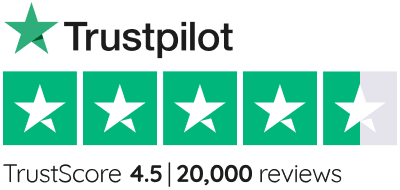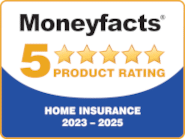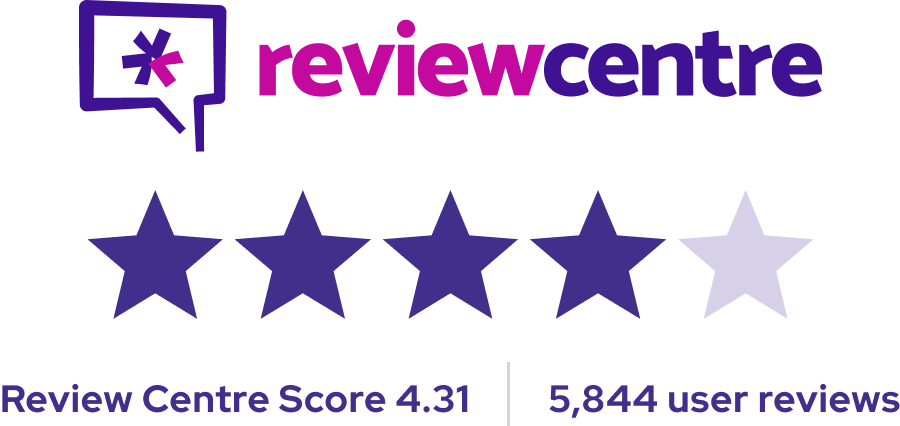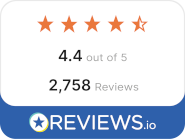looking for help
Search for a topic or select a category to find answers to some of our most asked questions.
landlord insurance FAQS
That depends. If you are renting an unfurnished property then you only need buildings insurance. However, if you are letting a furnished or part-furnished property then you should insure your contents. Your tenants should have their own insurance for personal belongings and furniture that they keep at the property.
Homeprotect buildings insurance will cover lost rent (up to £30,000 per claim) if you or your tenants can’t live in the home due to an insured loss, such as fire, flood or escape of water. Rent is defined as the amount you’re expected to receive as a landlord as detailed within your tenancy agreement. If you’re a leaseholder of your property rent also includes ground rent which you are liable for. Policy terms and conditions apply.
Most tenants leave when asked to, but if they do not then you cannot evict them yourself. You would need to apply through the County Court, though in some cases you can use an accelerated possession procedure which does not entail attendance at a court hearing.
You will be responsible for undertaking repairs and maintaining the premises’ heating, hot water, basins, baths and other sanitary installations. You will also need to ensure that the gas and electrical appliances provided are safe to use and that all furniture/furnishing you provide are fire safe. Your tenant is responsible for paying rent to you at the rate you agreed upon, usually paying for council tax and utilities unless you include them in the rent agreement. They are also responsible for taking proper care of your property.
The difference between a residential and a commercial landlord is to do with the type of property they let out and is not whether their activities as a landlord constitute their full-time occupation or not.
Residential landlords let out homes, which are also known as ‘residential properties’. Commercial landlords let out properties that are used for commercial purposes such as shops or offices.
You can take out landlords buildings insurance and landlord contents insurance for flats that you let out. Landlords need to take out a separate policy for each flat. Note that, in general, the owner of the freehold of a set of flats will probably have buildings insurance for the entire building.
Homeprotect landlord buildings insurance can cover freehold properties that contain up to six leasehold flats provided that at least one freeholder uses one of the flats as their permanent home.
No. Depending on whether you own or rent your home, just take out straightforward homeowner insurance or tenant insurance but let your provider know that you have a lodger living with you.
An Energy Performance Certificate (EPC) is necessary whenever a qualifying property is built, sold or let out. A qualifying property are defined as a self-contained property with its own bathroom and kitchen facilities. Landlords are responsible for having an EPC in place for every property that they let out.
In theory, yes. However, it is a recent law that you should check a person’s immigration status before leasing a room. Checking that they have the right to live in the UK is a law which the Government imposed on private landlords in December of 2014. Visit gov.uk for more information on the right to rent.



